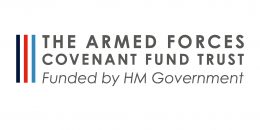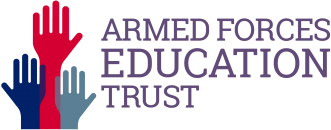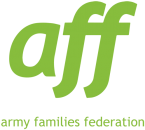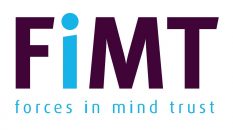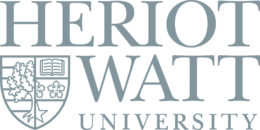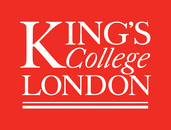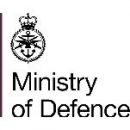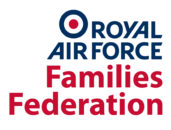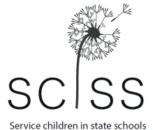Service children back on the Office for Students’ radar
Posted in News
When the Office for Students changed its regulatory approach to higher education access and participation in England – through a new Equality of Opportunity Risk Register (EORR) – Service children’s needs were not as visible as they were under the previous approach. We responded quickly to advocate for Service children and the SCiP Alliance Community by commissioning research and engaging with the Office for Students (OfS) to enhance the policy, as well as the visibility of and support for Service children in the sector.
In response to the our Under the Radar report, the Office for Students has now updated the Equality of Opportunity Risk Register to recognise Service children, due to these students being likely to experience the following risks:
- Risk 1: Knowledge and skills
Students may not have equal opportunity to develop the knowledge and skills required to be accepted onto higher education courses that match their expectations and ambitions.
- Risk 2: Information and guidance
Students may not have equal opportunity to receive the information and guidance that will enable them to develop ambition and expectations, or to make informed choice about their higher education options.
OfS guidance for providers completing new Access and Participation Plans in 2024 now encourages them to understand and respond to the unique circumstances of Service children. In addition, through the new UCAS application ‘flag’, more data than ever before is available to assist universities and colleges to engage with this distinct and diverse group and to tailor support to their needs.
In a recent BFBS interview, Professor Grahame Atherton, co-author of the Under the Radar report, and Sian Smith, a University of Winchester student from an Armed Forces family, discussed the challenges faced by Service children entering higher education.
Sian shared her personal story, highlighting the hurdles Service children may encounter, such as frequent moves and parental deployments. She also discussed how she embraced the opportunity to meet others in similar situations and the importance of sharing her experiences with her non-Service peers.
Professor Atherton emphasised the need for Service children to be a priority target group within education and the striking relationship between the numbers of times a child moves school and their GCSE grades.
Listen to the full interview here:
Credit: Tim Humphries, BFBS The Forces Station


